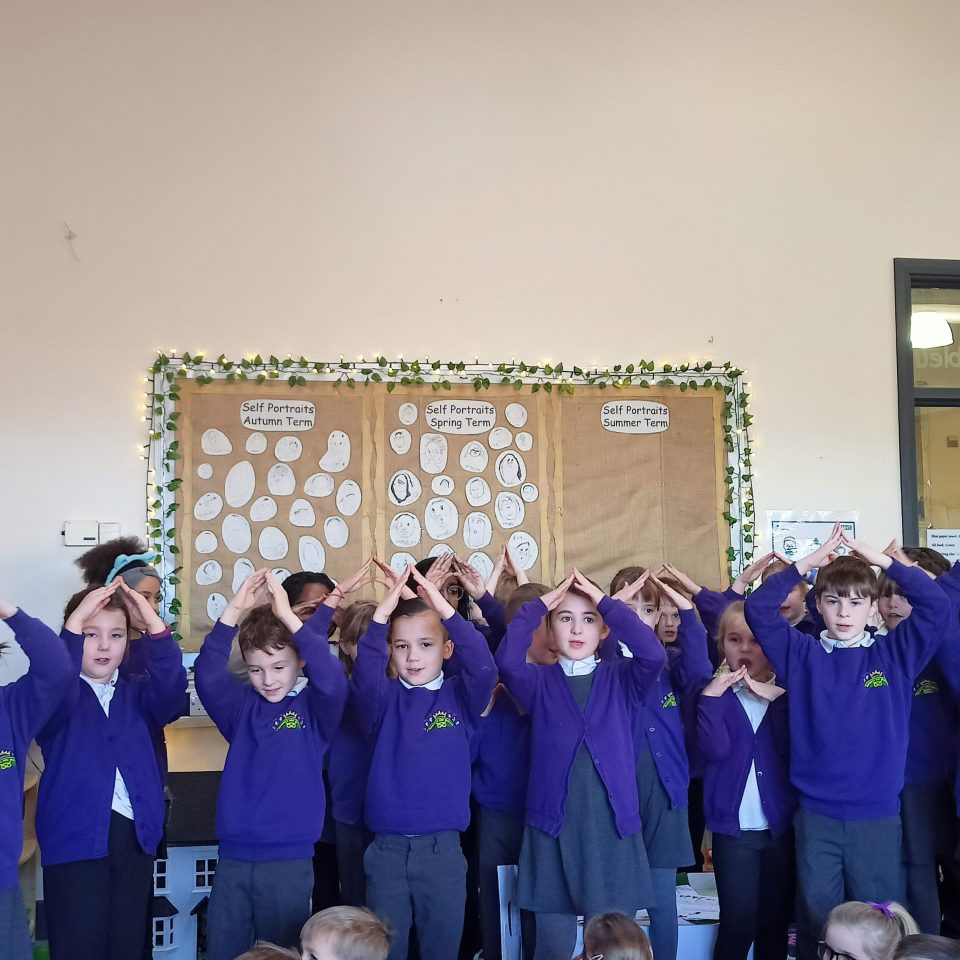Year 4 became archaeologists for the day and used their skills as Historians to investigate the lives and homes of Anglo-Saxons at West Stow.












Year 4 became archaeologists for the day and used their skills as Historians to investigate the lives and homes of Anglo-Saxons at West Stow.












The other half of Year 3 have had a brilliant day at Norwich Castle today!
They showed all 3 school rules, ready, safe and respectful and asked some brilliant questions.
What a great way to end our amazing Ancient Egyptian topic!
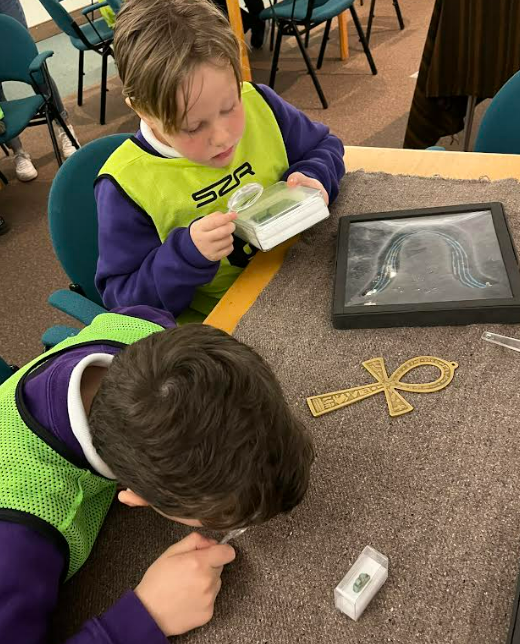
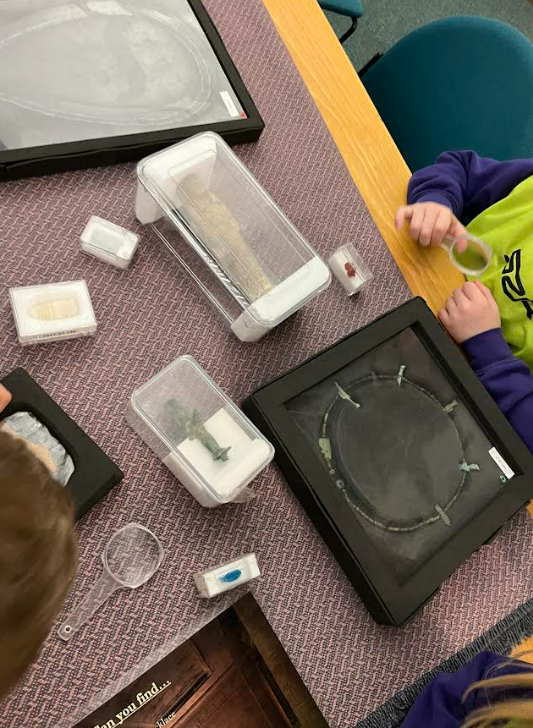
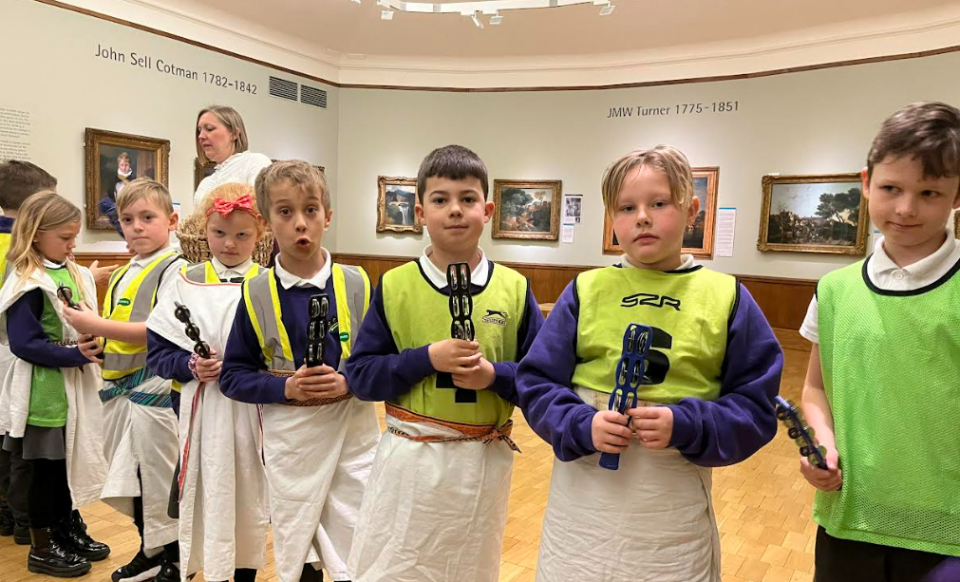
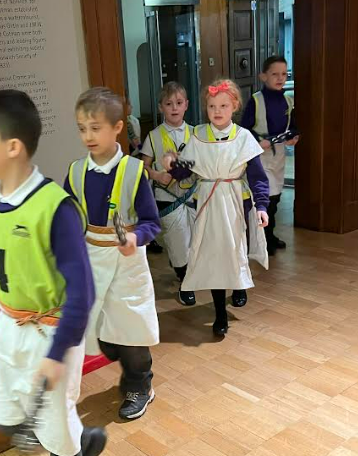
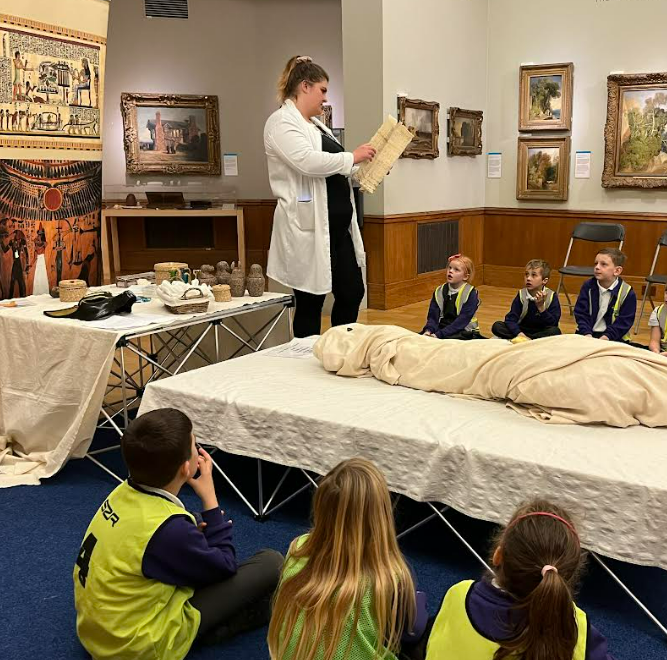
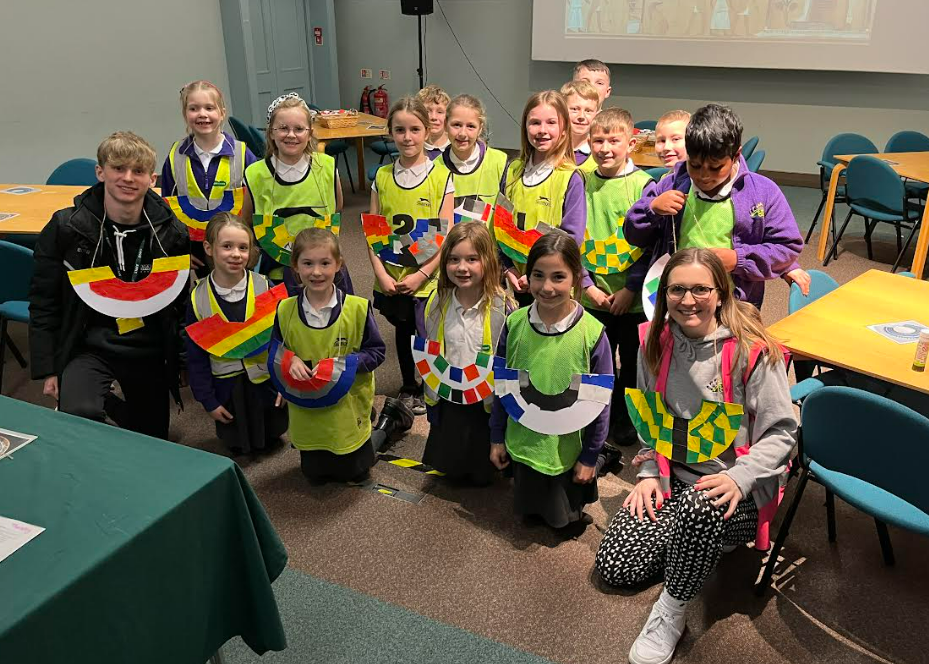
The three teams have been working each week after school preparing for the F1 Jaguar reginal finals. The children had to design, make, assemble, test and race their cars at the reginal heats. They also had to prepare a presentation about their work. In order to gain sponsorship the children wrote to local businesses and were then able to buy their own merchandise with their very own logo’s on.
All three teams did exceptionally well. Winning awards across all categories. Two of our teams were extremely successful and are heading to the National championships in Leeds!
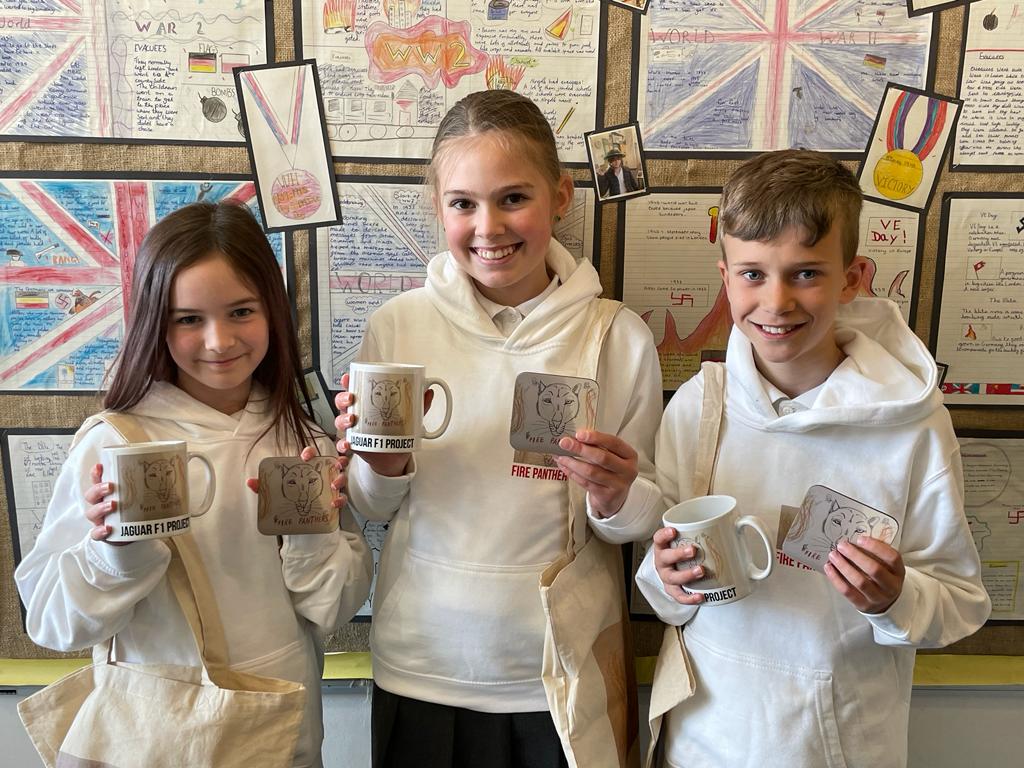
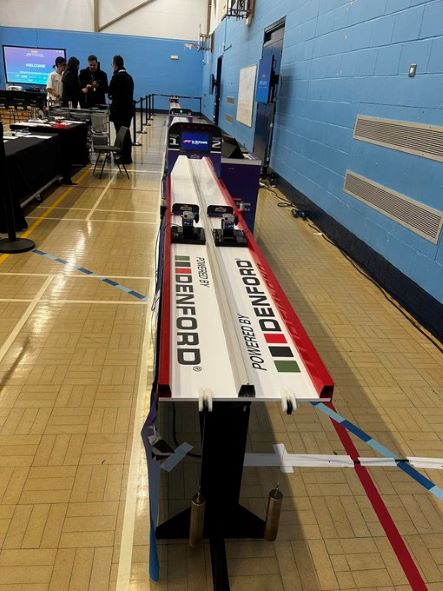
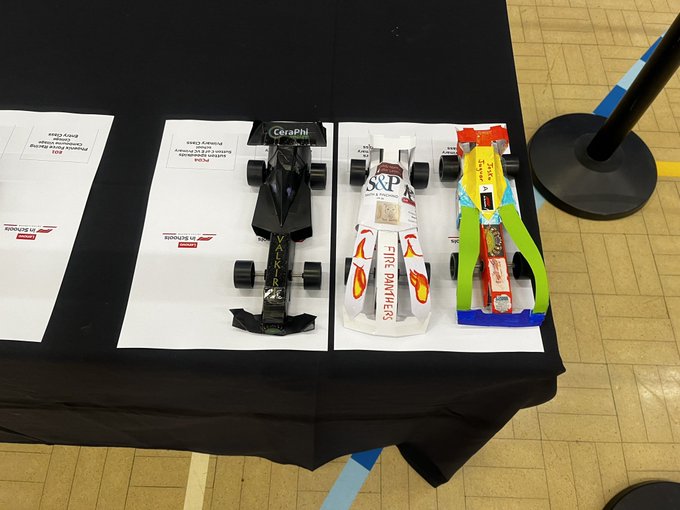
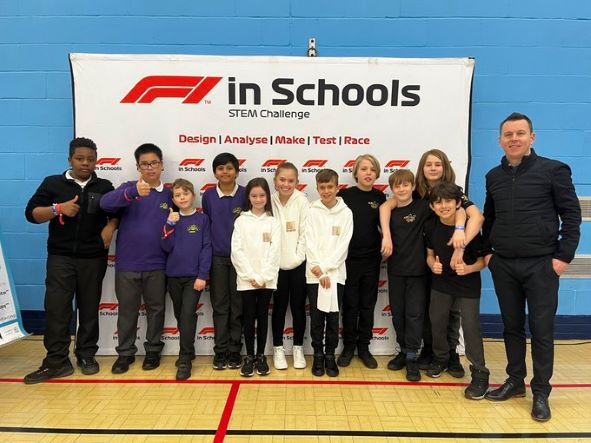
We had an amazing day at Norwich Castle learning and consolidating our knowledge about Ancient Egypt.
We got to look at what life was like in Egypt, explore real artefacts, look at a sarcophagus, create Egyptian jewellery and think about the question ‘should artefacts remain in the tombs or be taken out to study?’
Well done to Year 3 who showed they were safe, ready and respectful and thank you to Norwich Castle for being fantastic hosts.
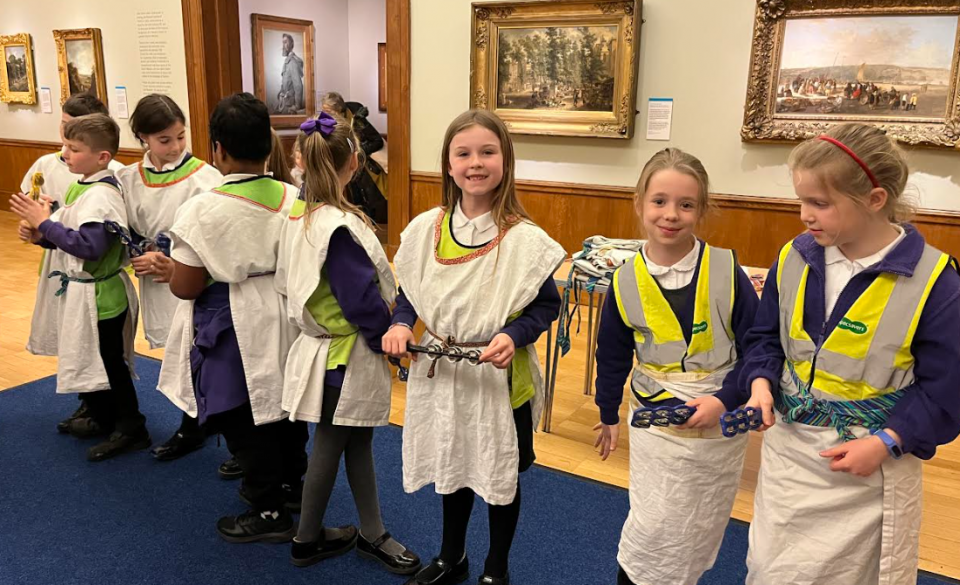

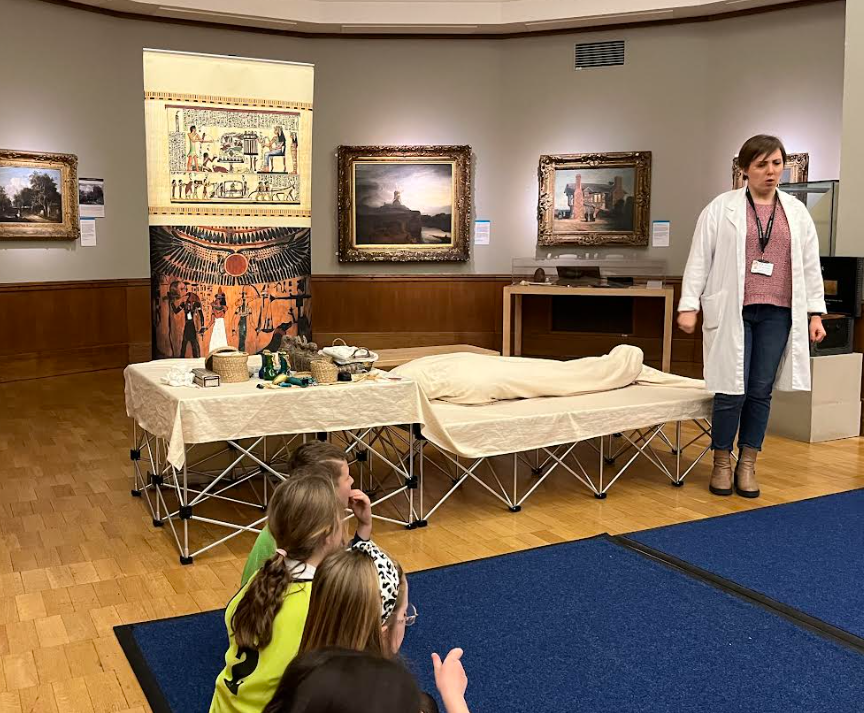
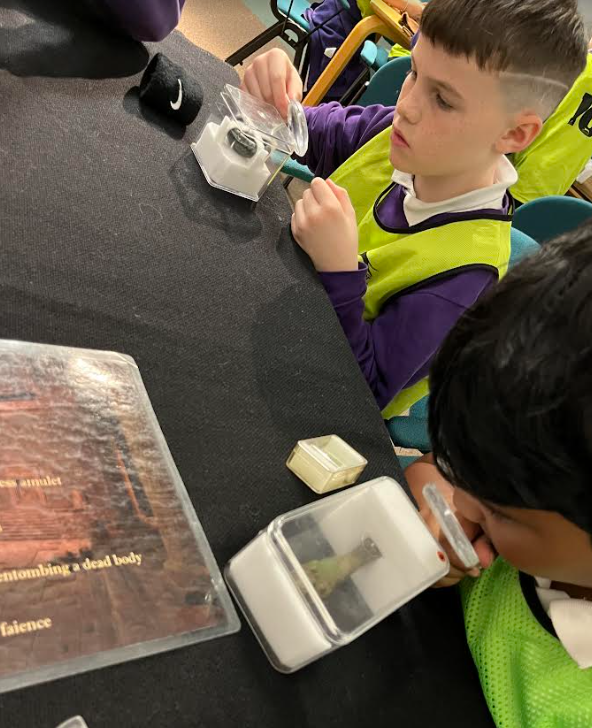
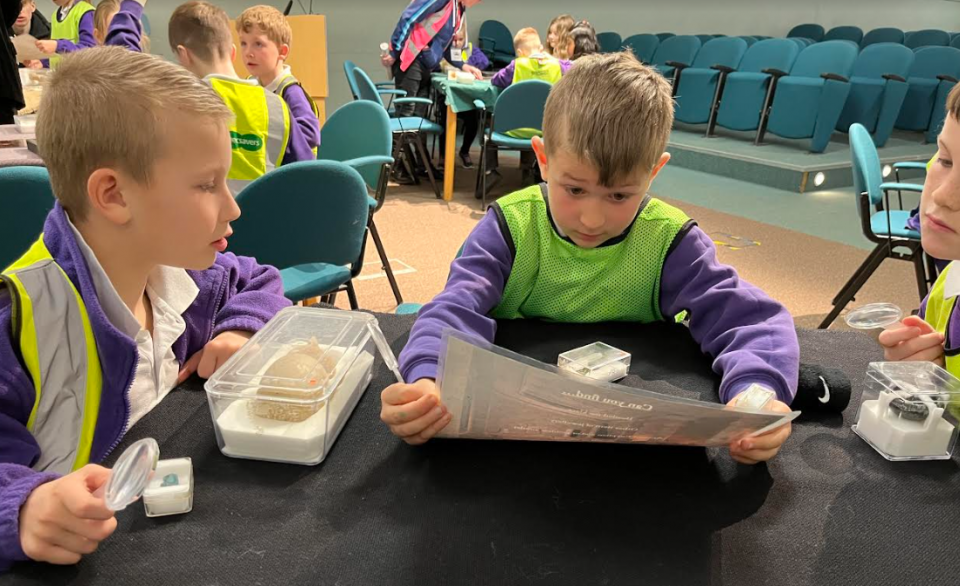
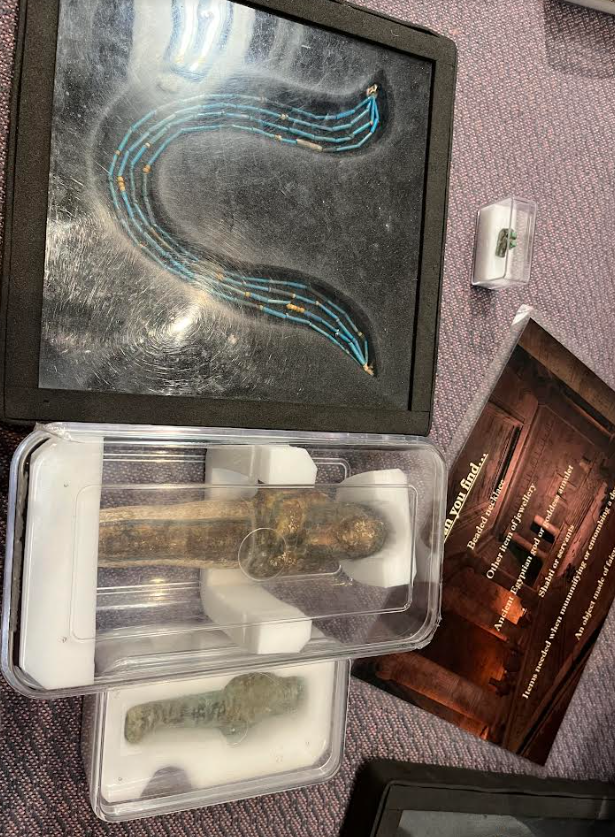

Year 3 enjoyed recapping their learning about Ancient Egypt ahead of their trip to Norwich Castle this week.
They created their own cartouches out of clay and used hieroglyphics to decorate and write their names.

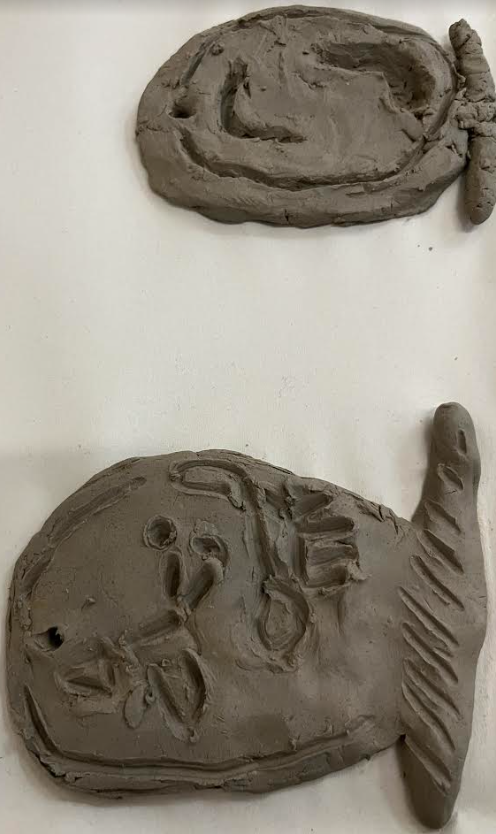
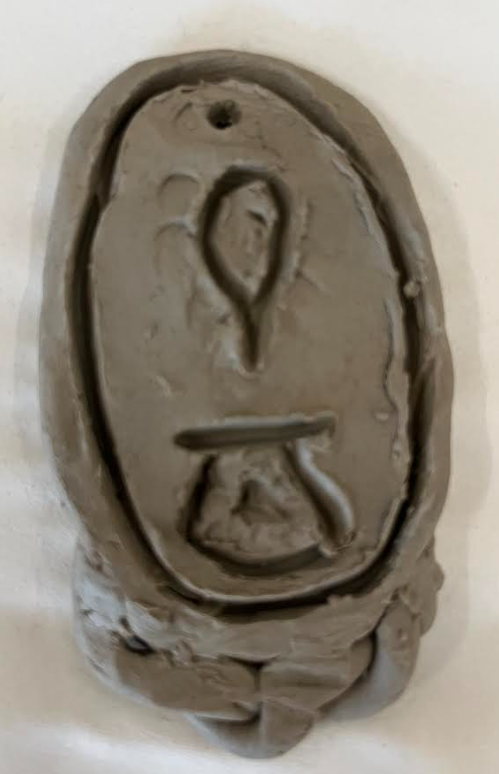
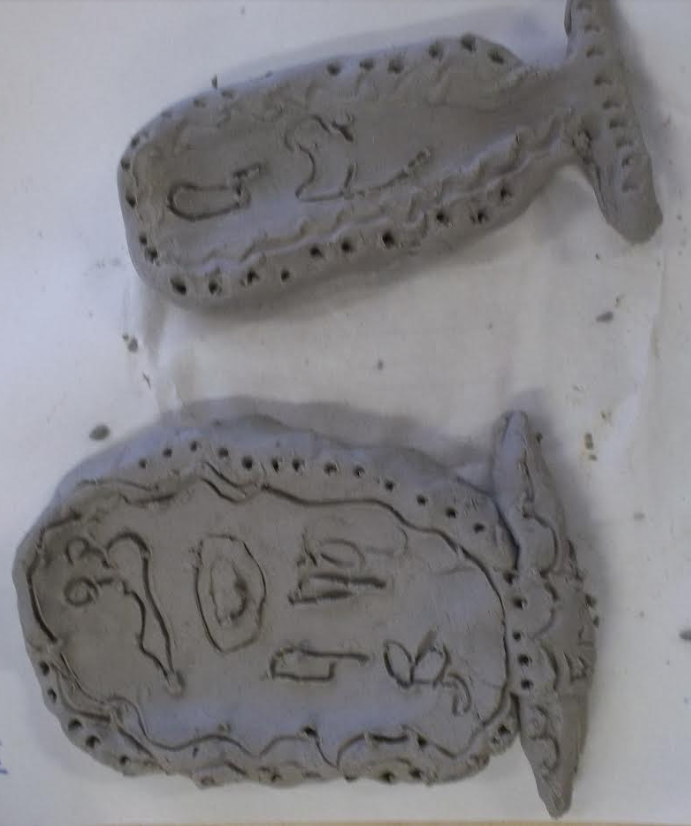


After learning all about famous aviators in History, Year 2 wrote biographies all about Amy Johnson. They then used their biographies to record a podcast. Have a listen below!
Year 2 had a fantastic time at Duxford Museum on Friday. They enjoyed seeing all of the planes including a replica of Amy Johnson’s plane Jason. The children were also very excited that they got to go inside the Concorde aeroplane.
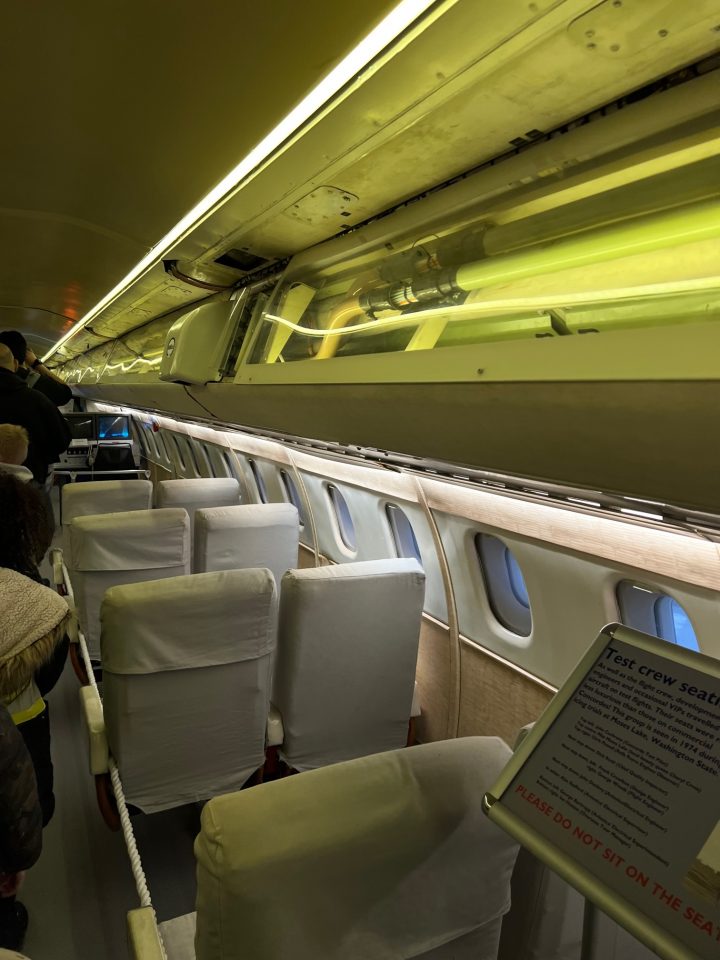

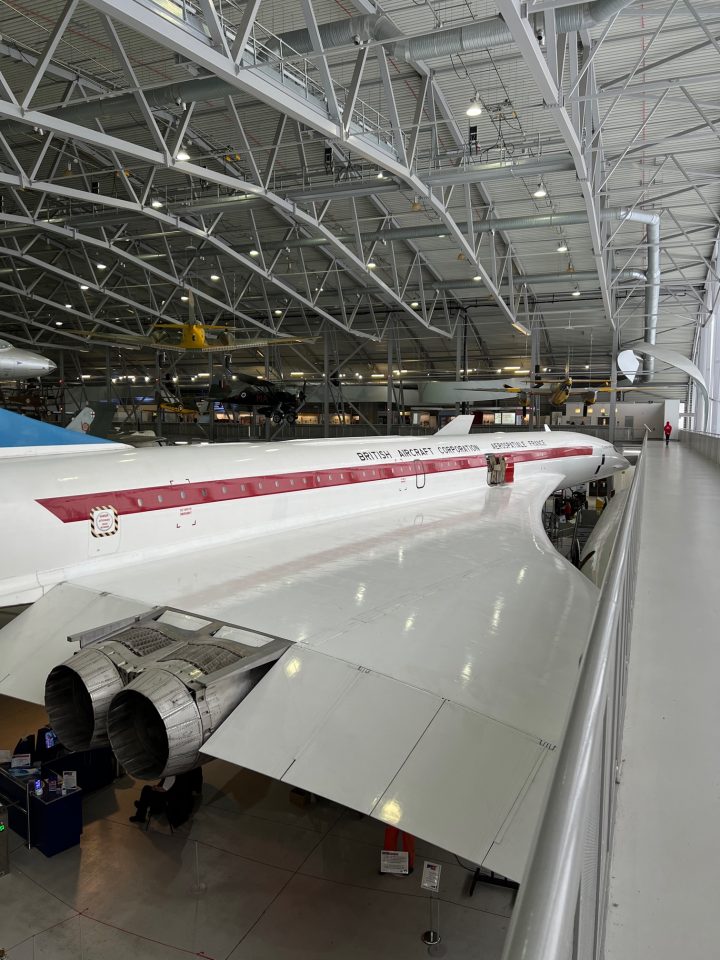
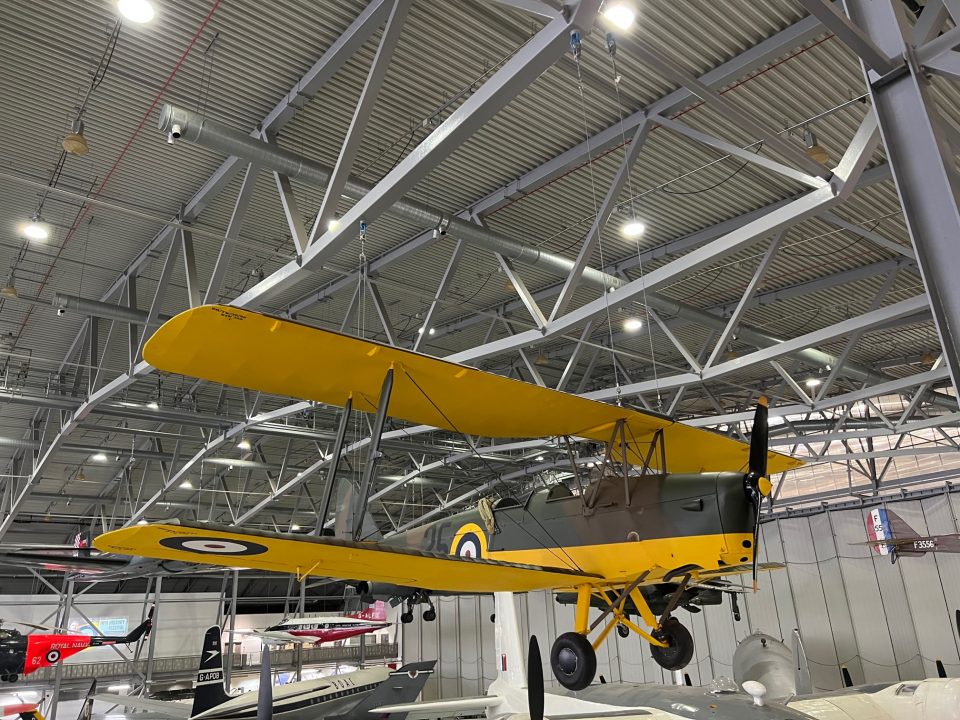
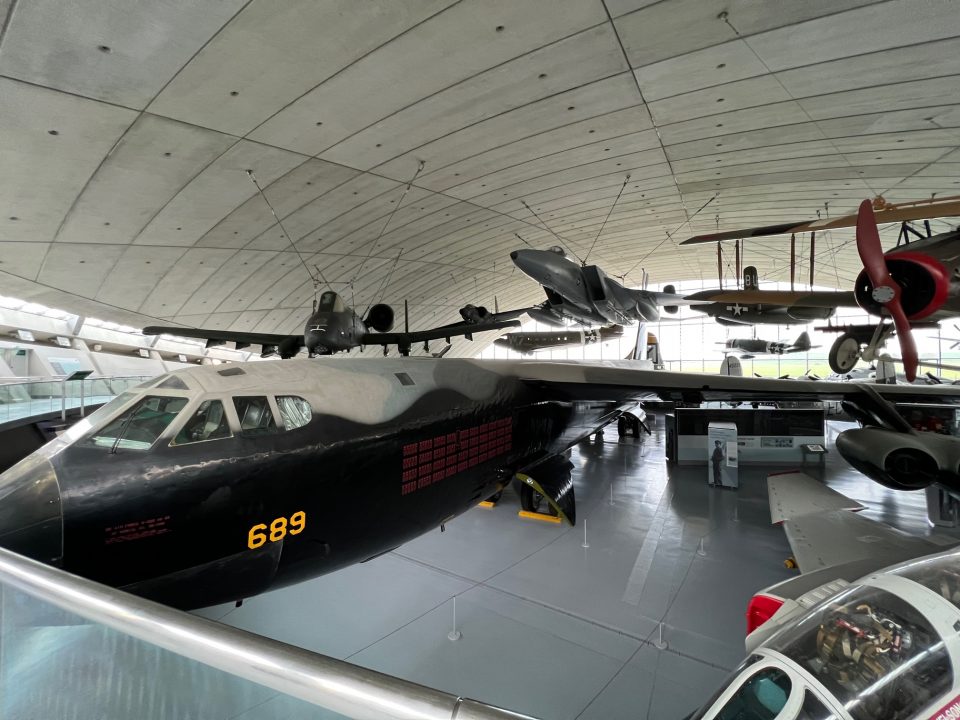

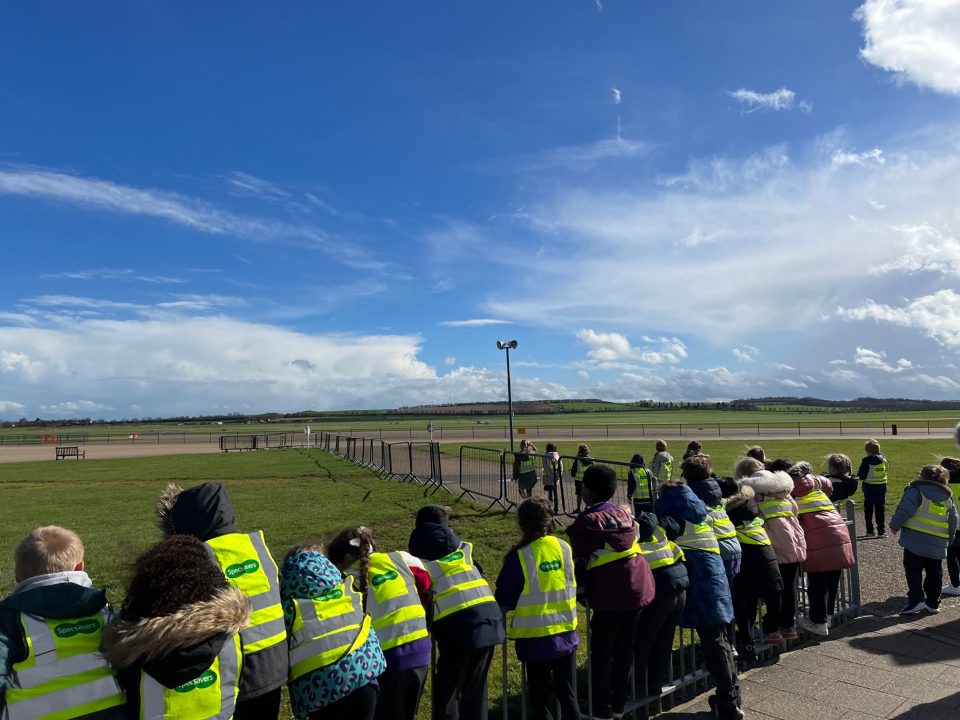
To launch our new history topic, Ancient Greeks. Y5 had a day of cooking. We prepared and cooked Melomakarona (which are Greek honey-spice cookies), chicken kebabs with roasted vegetables and tzatziki dip and a Greek salad. The children worked tirelessly in the kitchen all morning to prepare this wonderous feast. In the afternoon we wrote up our recipes with a detailed method including modal and imperative verbs.
Finally, once all the work was done we sat down and ate all of the wonderful food that was prepared.
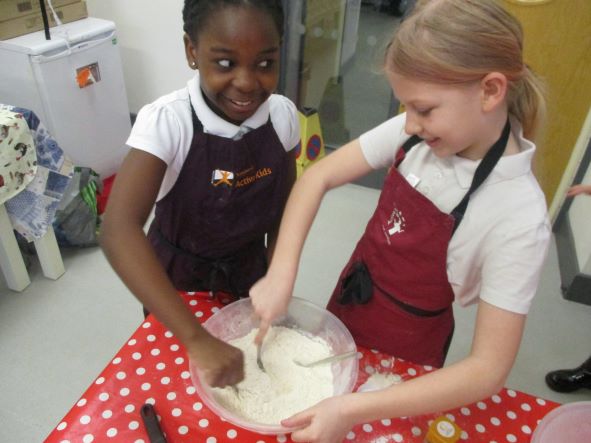
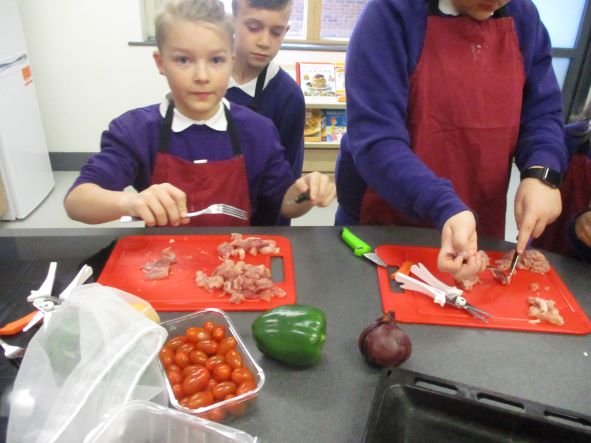
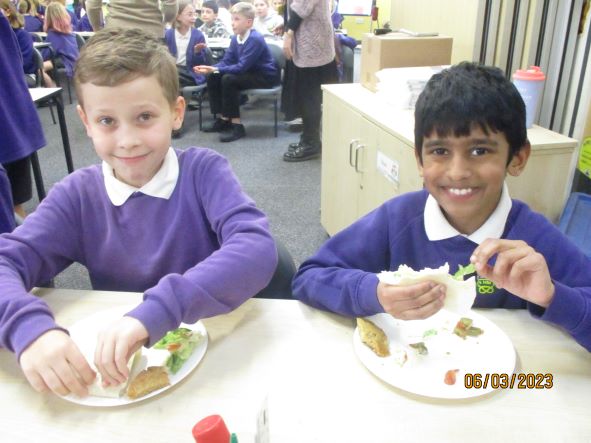
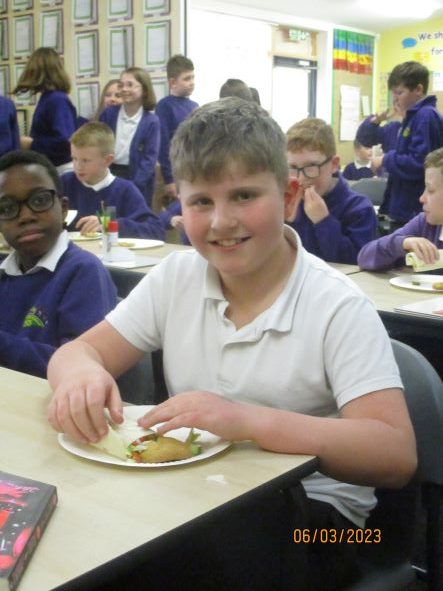
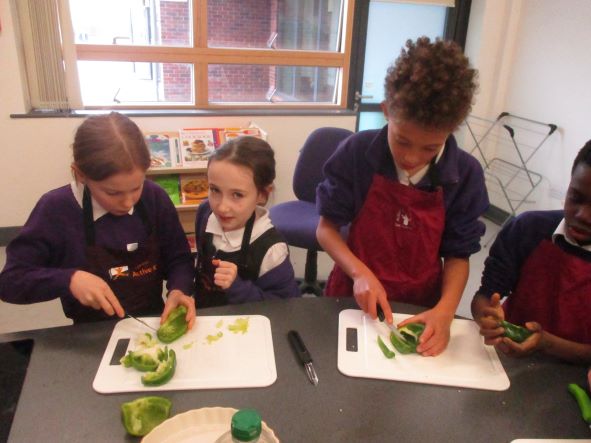
This half term, we will be learning about Ernest Shackleton and his expedition to the South Pole. To learn about a polar expedition and the things you might require, we took part in outdoor learning. Dotted around the outdoor classroom were cards with two items to choose between. The children had to decide which item they would take with them on an expedition and why.
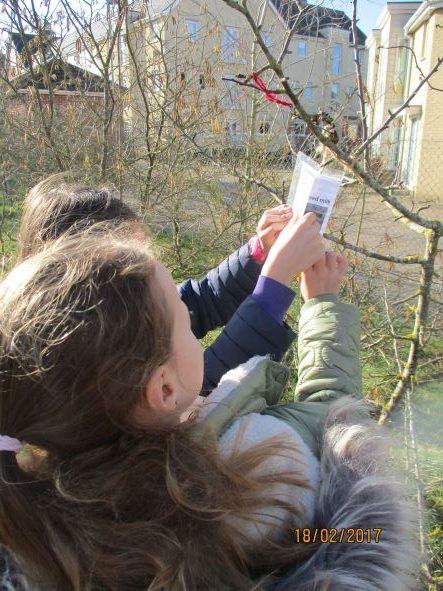
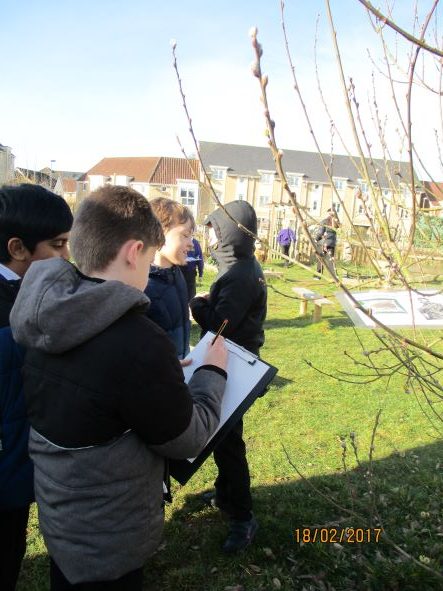
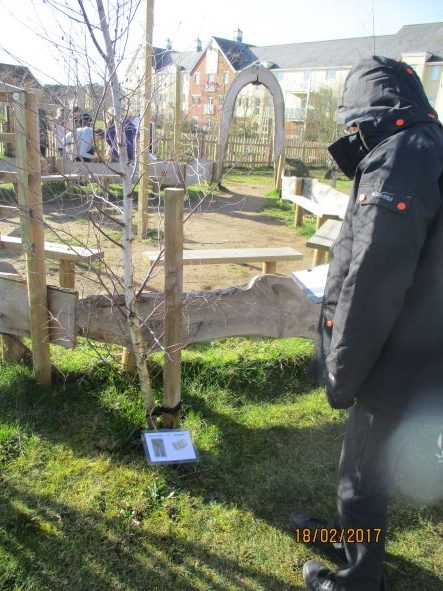
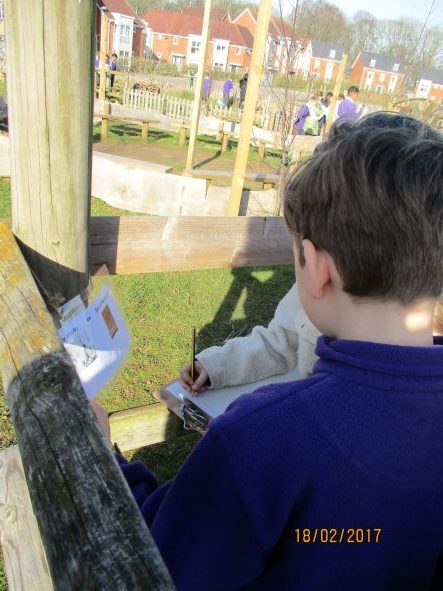
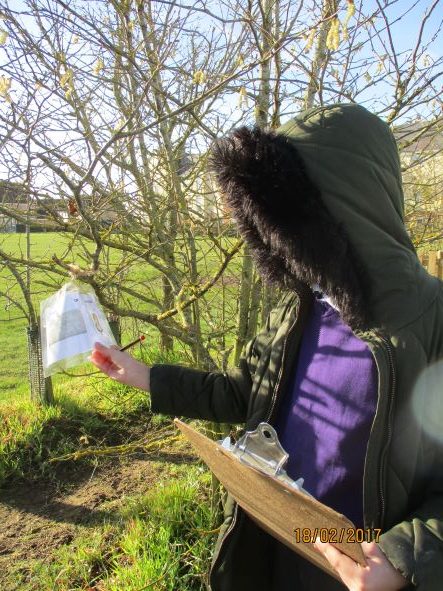
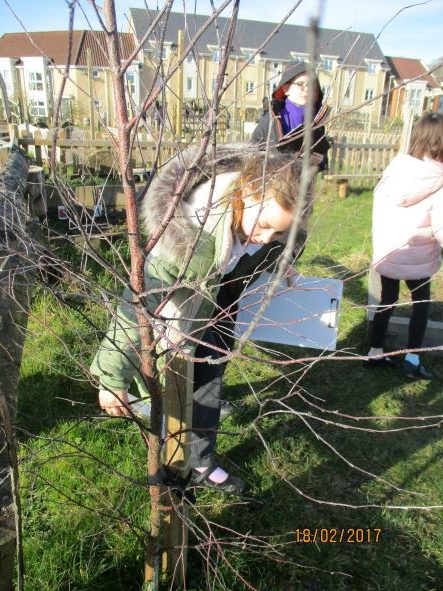
This morning, children from Reception and Y3 met to share their learning. Y3 children shared their non-chronological reports on the Ancient Egyptians, while Reception children shared their learning about Iceland and New Zealand.
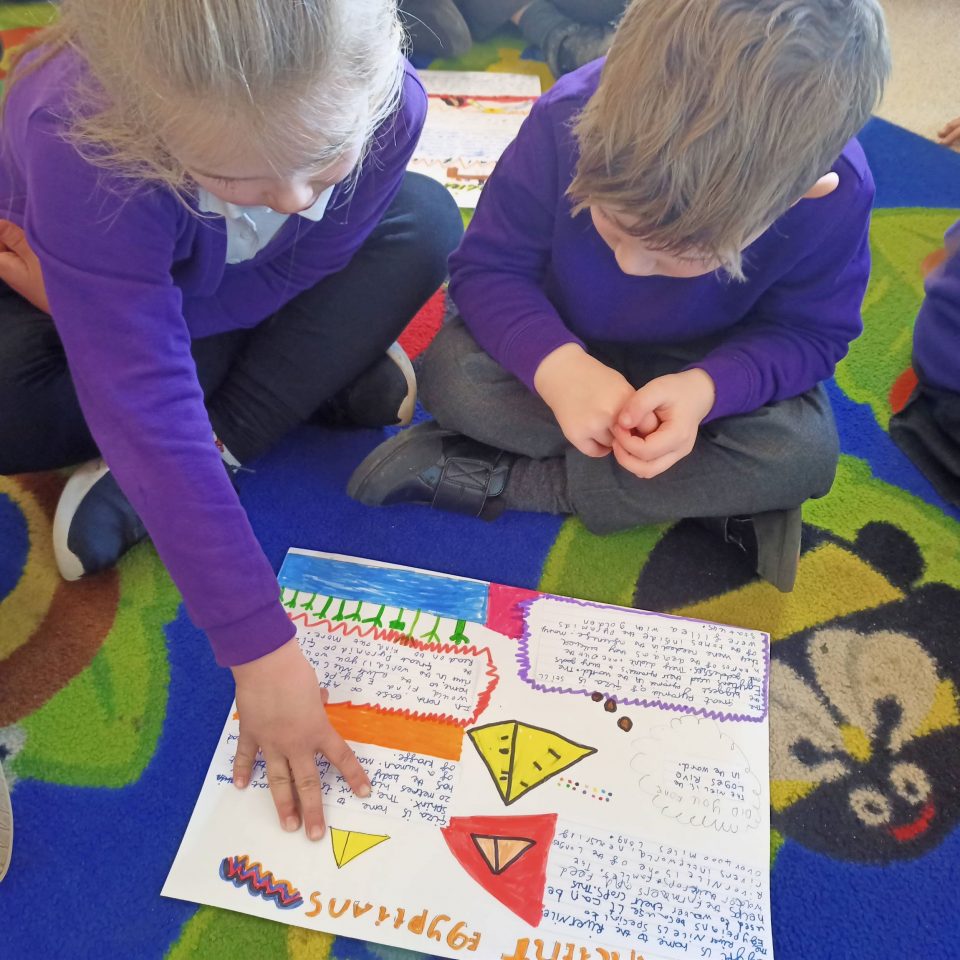
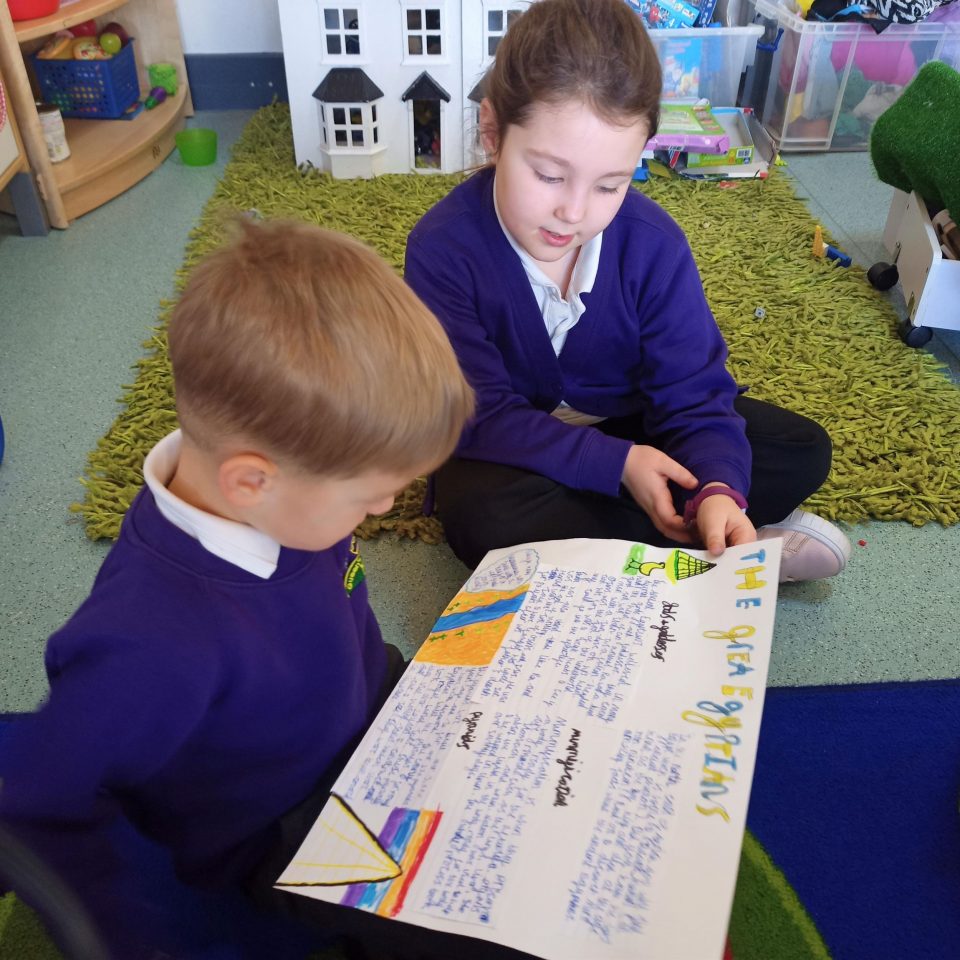
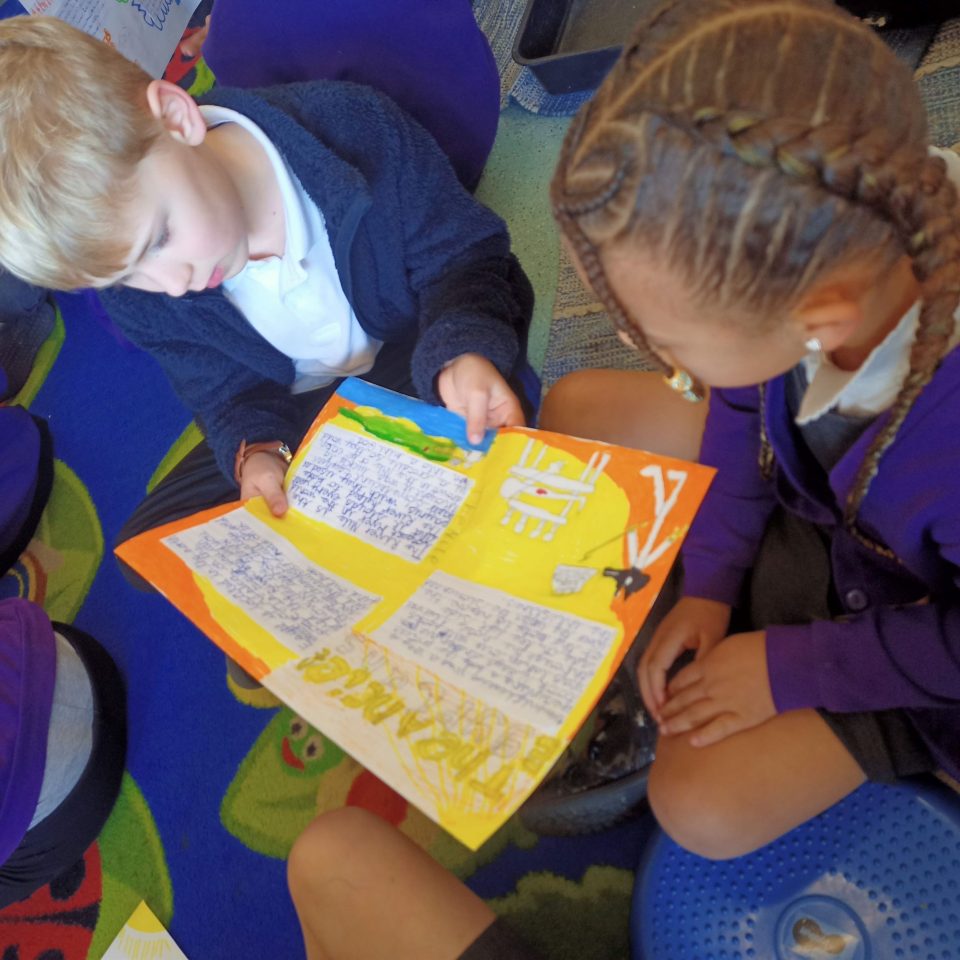
Year 3 then sang their song ‘Amazing Egyptians’ to their buddies, along with the actions. A great time was had by all!
